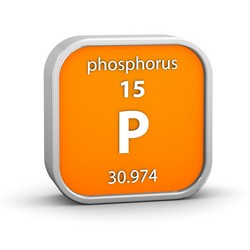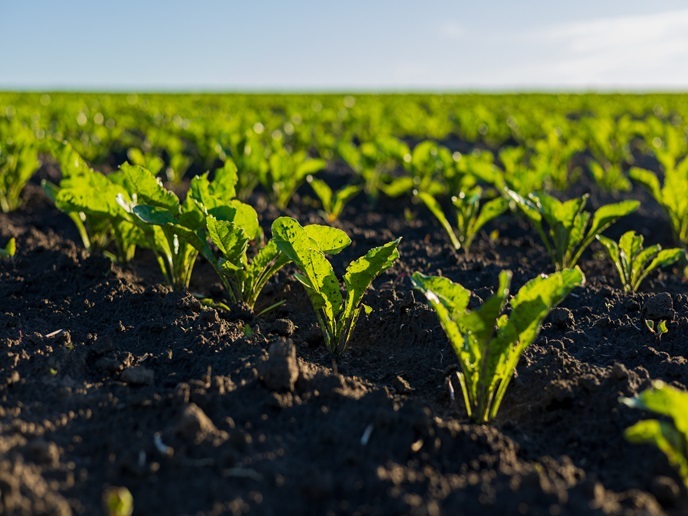Phosphorus from wastewater
Phosphorus is an essential element for life; it cannot be produced artificially nor can it be substituted by any other substance. Its importance to plants and successful harvests is reflected in the enormous quantities of phosphorus that are imported into Europe each year. However, phosphorus resources are limited so its recovery from secondary deposits is of major importance and an important target for the European Roadmap for Resource Recovery. Municipal wastewater represents a significant source of phosphorus and has the potential to account for around 20 % of demand. Recent European projects have been developed to access this domestic secondary resource. As the traditional application of sewage sludge in agriculture faces concerns over pollutants, sustainable alternatives are being promoted to protect the environment and human health. The aim of the P-REX(opens in new window) (Sustainable sewage sludge management fostering phosphorus recovery and energy efficiency) project was to evaluate technologies for phosphorus recovery and recycling on a large scale. The project built on the outputs of previous European research projects and performed the first holistic full-scale evaluation of technical phosphorus recovery techniques using municipal sludge. This was compared with phosphorus recycling by land application of sewage sludge. Strategies for wide-scale phosphorus recovery and market penetration were also developed by project partners. The aim was to increase European phosphorus recycling from municipal wastewater by up to 80 %. The P-REX eMarket is linked to the website of the European Sustainable Phosphorus Platform ESPP(opens in new window). The eMarket acts as a non-commercial online marketplace for recovered nutrients (both raw material and final product) and officially approved fertiliser. It therefore serves as a match making instrument that can bridge the gap between supply (recovery) and demand (recycling). Project partners also developed a short animated film(opens in new window) for raising public awareness of the issue. In addition, they investigated market potential and conducted a barrier survey, including the legislative framework in selected countries and the EU. The results were used to show policymakers and end users the most suitable recovery options with regard to local conditions and were illustrated with selected case studies.







